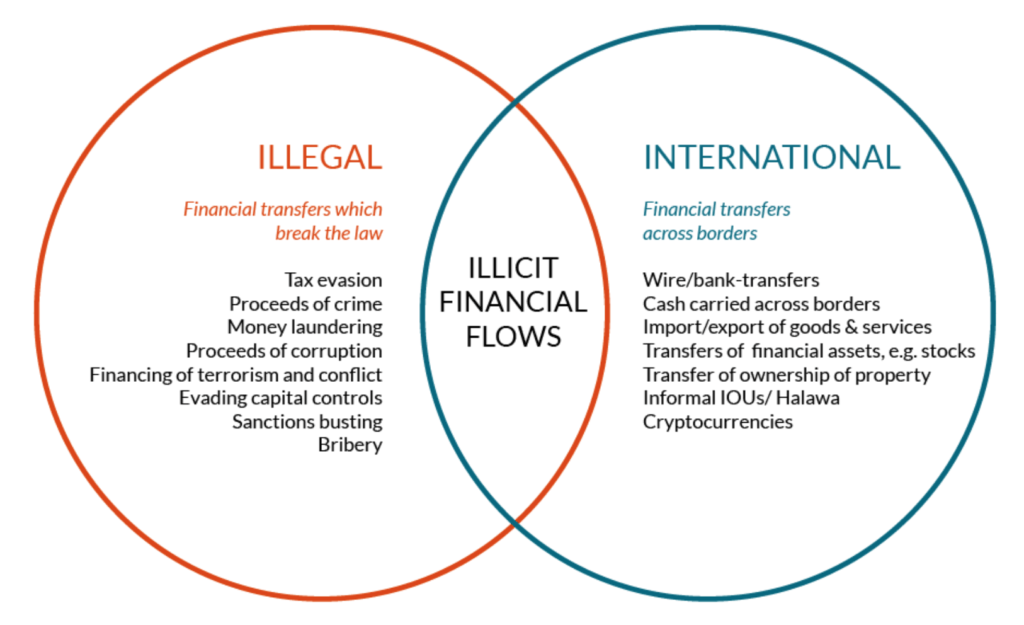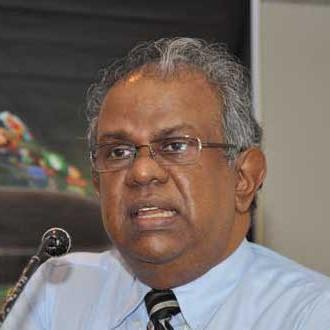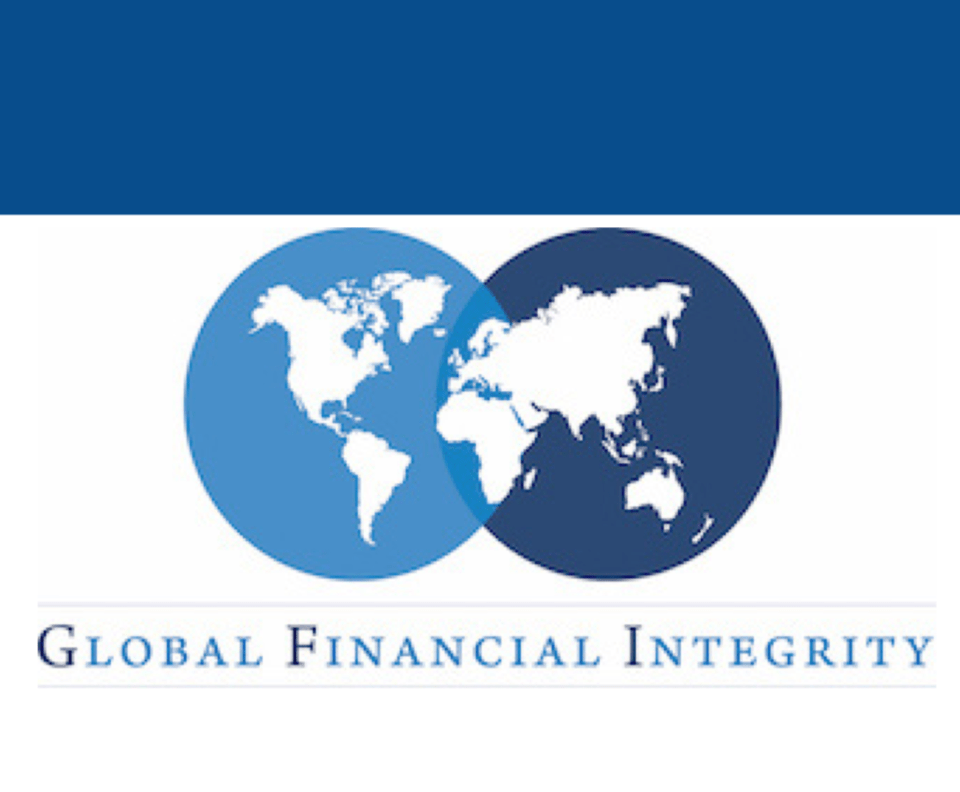Illicit Financial Flows
There may be an annual illicit outflow of US$ 3 bn from Sri Lanka.
Swasthika Arulingam, Human Rights Lawyer and Political Activist
The Global Financial Integrity organisation estimates that Sri Lanka could be losing as much as US$ 3bn annually. It is important for the Government and Central Bank of Sri Lanka to publish their estimates and methodology as a crucial step towards debt sustainability.
Illicit Financial Flow’ss refer to the illegal movement of money from one country to another. This occurs not only through organised crime and trade in illegal goods, but also through illegal and illicit tax and commercial practices, such as trade mis-invoicing, profit shifting and the transfer of funds to offshore destinations.

Illicit financial flows (IFFs) are illegal movements of money or capital from one country to another. Global Finance Integrity (GFI) classifies this movement as an illicit flow when funds are illegally earned, transferred, and/or utilized across an international border. Some examples of illicit financial flows might include:
- A drug cartel using trade-based money laundering techniques to mix legal money from the sale of used cars with illegal money from drug sales;
- An importer using trade misinvoicing to evade customs duties, value-added tax, or income taxes;
- A corrupt public official using an anonymous shell company to transfer dirty money to a bank account in the United States;
- A human trafficker carrying a briefcase of cash across the border and depositing it in a foreign bank; or
- A member of a terrorist organization wiring money from one region to an operative in another.

Where are the positive outcomes of these programs?
Wealth of emerging markets continue to flow to the Global North
United Nations
International Monetary Fund
Global Financial Integrity
World Bank
Transparency International
Why No Focus On The Impact Of & Control Over Illicit Financial Flows?
Chandra Jayaratne March 2022


